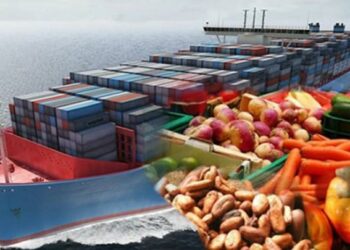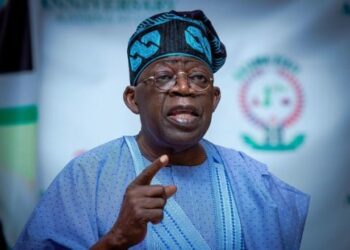The World Bank has approved an additional $65 million loan for Nigeria to support the Sustainable Procurement, Environmental, and Social Standards Enhancement (SPESSE) project, raising the project’s total financing to $145 million.
The latest funding approval, granted on June 24, 2025, marks the second tranche of support for the initiative, which was initially backed with an $80 million loan in February 2020. The project aims to develop institutional capacity for managing procurement, environmental, and social standards across Nigeria’s public and private sectors.
According to documents on the World Bank’s website, the SPESSE project is now classified as “active” and has reached the “bank approved” stage. “The project development objective is to develop sustainable capacity in managing procurement, environment, and social standards in the public and private sectors,” the Bank stated.
The new loan is part of a broader World Bank lending pipeline for Nigeria, which includes additional funding expected in the coming months. In July 2025, the Bank is scheduled to approve a $300 million loan for the ‘Solutions for the Internally Displaced and Host Communities Project.’ The facility aims to improve access to basic services and economic opportunities for internally displaced persons (IDPs) and their host communities in selected local government areas in northern Nigeria. The loan is currently at the negotiation stage and is expected to be finalised on July 31.
Three more projects are slated for approval in September, including a $10.5 million technical assistance facility for the Central Bank of Nigeria (CBN), a $300 million Health Security Program for Western and Central Africa (Phase IV), and a $500 million allocation for the Building Resilient Digital Infrastructure for Growth (BRIDGE) initiative.
Additionally, in December, the World Bank plans to approve a $500 million loan under the Nigeria Sustainable Agricultural Value-Chains for Growth project. The facility is intended to promote sustainable agricultural development and job creation across key crop and livestock value chains.
In March 2025, the Bank approved $1.13 billion in financing for three separate projects focused on expanding access to quality education, improving nutrition, and enhancing household and community resilience.
The latest round of approvals underscores the World Bank’s continued support for Nigeria’s reform agenda, particularly in strengthening institutional capacity, improving livelihoods, and building resilience across critical sectors.





